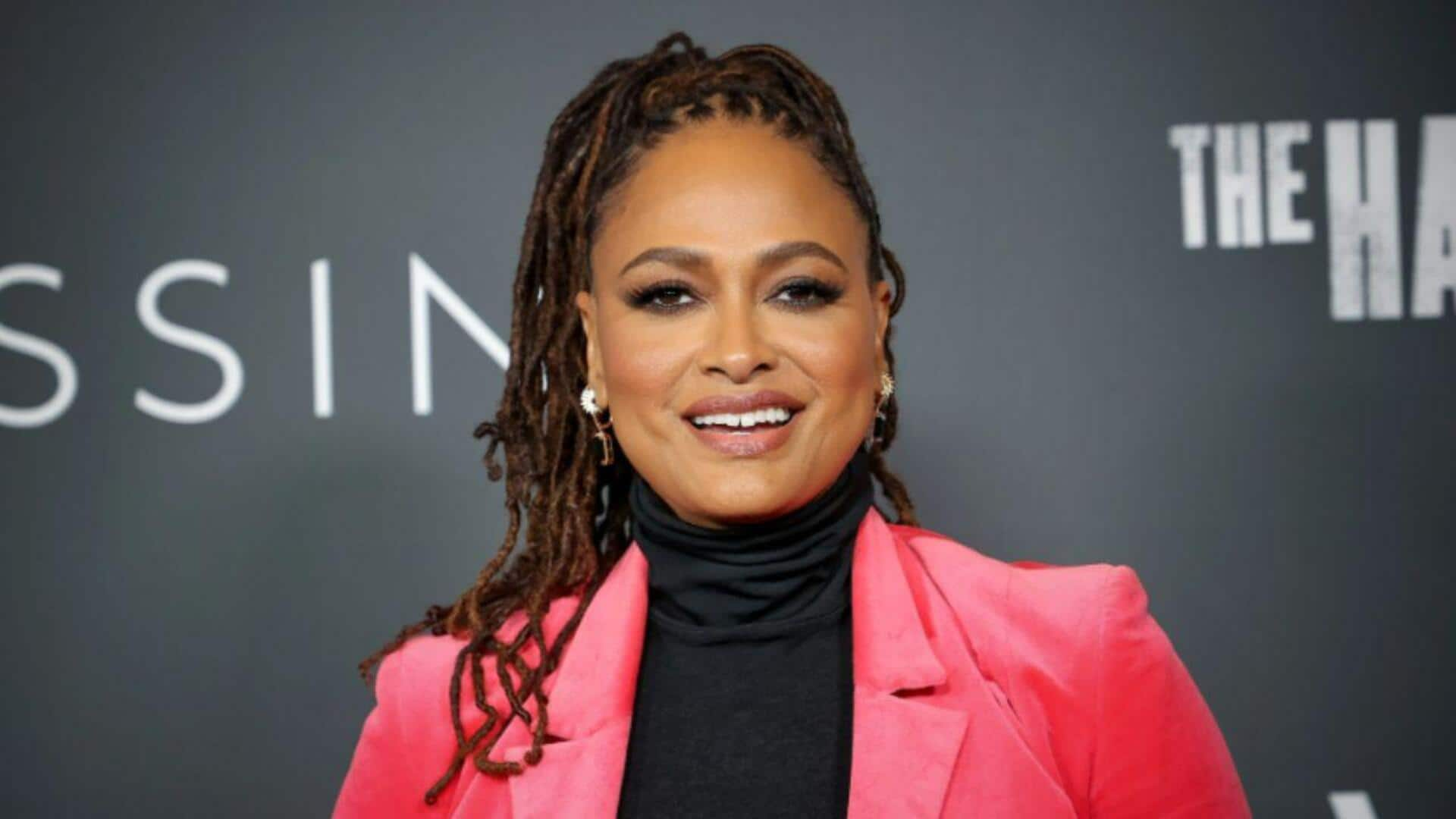
Ava DuVernay's films that spark change and inspire voices
What's the story
Ava DuVernay is a filmmaker whose work resonates with everyone. She's known for telling stories that highlight social issues and advocate for equality. Her films often focus on racial and gender disparities and put them front and center. Through her films, she's given a voice to the voiceless and challenged audiences to think about norms and injustices. Her commitment to equality shows in her stories and the teams she puts together for her projects.
#1
'Selma' highlights civil rights struggles
The film Selma centers on the 1965 voting rights marches from Selma to Montgomery. It depicts the hurdles the African Americans faced in their battle for equal voting rights. By showing real events, DuVernay highlights the systemic hurdles in place during this time. The film acts as an education, making people remember the struggles of the past while keeping conversations around civil rights alive.
#2
'13th' explores mass incarceration
In 13th, DuVernay takes a look at the intersection of race, justice, and mass incarceration in the United States. The documentary exposes how policies have long affected the African American community disproportionately. By employing interviews of scholars and activists, Duvernay gives a detailed breakdown of how historical practices continue to permeate present-day systems of inequality.
#3
Diverse representation in casting choices
DuVernay also believes in diversity behind the camera as much as she does in front of it. She makes sure she chooses actors from various backgrounds so that the story is told authentically. This helps in breaking stereotypes and giving the audience a wider view of different cultures and experiences. Not just casting, her commitment to diversity goes far beyond crew members too.
Tip 4
Initiatives supporting emerging filmmakers
Beyond her movie-making, DuVernay has also supported initiatives to nurture upcoming filmmakers from underrepresented backgrounds. She has even created programs that give resources and opportunities to aspiring directors who may otherwise find it difficult to break into the industry. These efforts go a long way in making Hollywood a more inclusive place by empowering new voices with unique stories to tell.